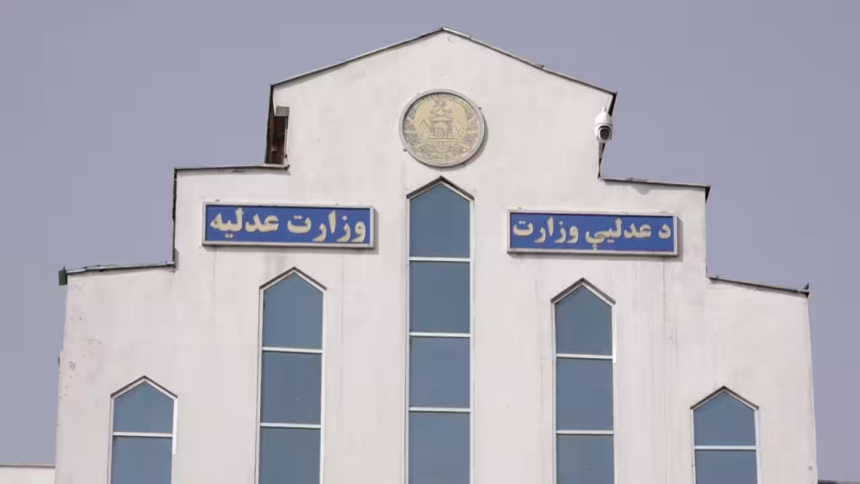RASC News Agency: The Taliban’s Ministry of Justice has announced the confiscation of more than 1,400 acres of land in Pul-e-Alam, the provincial capital of Logar. In a statement recently released by the Taliban-controlled Justice Ministry, officials claimed that these lands were formally registered during a session of a so-called “special committee” established to prevent the usurpation of state property. The ministry further noted that files concerning 1,406 acres of land had been referred to the Taliban’s central commission for a “final ruling.” The Taliban have set up an administrative body under the title of the “Commission for the Prevention and Restitution of Usurped Lands” within the Justice Ministry. Publicly, the group asserts that its purpose is to reclaim government land from “usurpers and warlords.” Yet, legal experts and rights observers insist that the Taliban’s commission often operates unlawfully and arbitrarily, using land disputes as a pretext to consolidate control over valuable property. According to jurists, this body has in practice become a vehicle for the Taliban’s own land appropriation schemes rather than an impartial institution for justice.
Evidence reported by independent and exiled Afghanistani media reveals a disturbing pattern: both state-owned and private properties are being reclassified under the label of “Emirati land” and absorbed into Taliban-controlled registries. In many cases, documents and ownership records are neither verified nor evaluated with impartiality. As a result, rightful landowners many of whom have held deeds for generations are being stripped of their property rights. In the absence of any independent or neutral institution permitted to function under Taliban rule, Afghanistani citizens who claim their lands have been wrongfully seized are left without recourse. Legal experts and local residents have repeatedly complained that in provinces across northern Afghanistan particularly in areas dominated by non-Pashtun communities the Taliban have confiscated private estates under the pretense of “state ownership.” Reports from Logar, Balkh, Takhar, and parts of Panjshir suggest that these confiscated lands are frequently redistributed to Pashtun settlers relocated from the southern provinces, a practice seen by many as a deliberate demographic engineering project designed to alter the ethnic composition of contested regions.
In official communiques, the Taliban continue to boast that they have identified and restored large tracts of land to “state ownership.” However, careful examination of documented reports and testimony from local sources paints a starkly different picture: a significant portion of the seized land is diverted to networks closely tied to Taliban commanders, their financiers, and loyalist families. In effect, land confiscation has become yet another instrument through which the Taliban reward loyalty, punish dissent, and entrench their authoritarian control. The issue of land seizures under the Taliban has thus emerged as one of the most pressing legal and social crises in Afghanistan. What the Taliban portray as “restoration of state property” is, in reality, a systematic campaign of dispossession that exacerbates ethnic tensions, undermines property rights, and erodes what little remains of social trust. With the absence of accountability mechanisms and the silencing of independent oversight, Afghanistan’s landowners especially those from minority communities face mounting pressure, while the Taliban consolidate power through coercion, intimidation, and the manipulation of land ownership.






